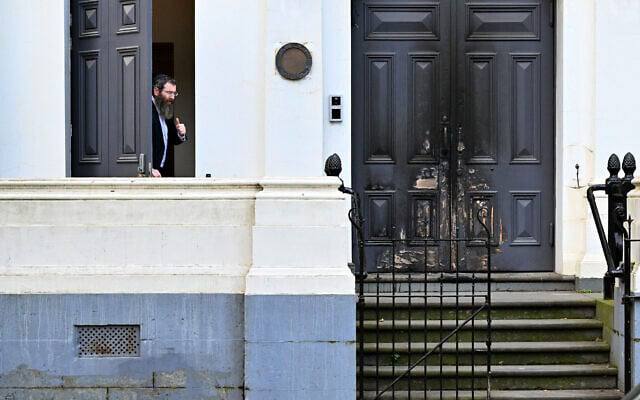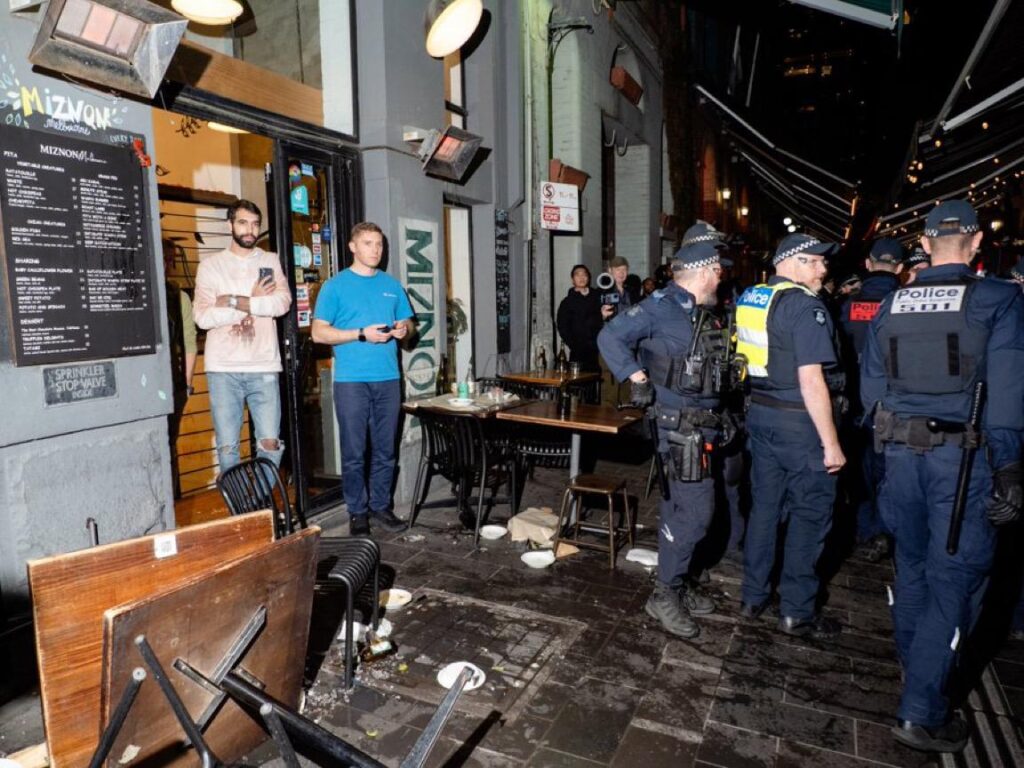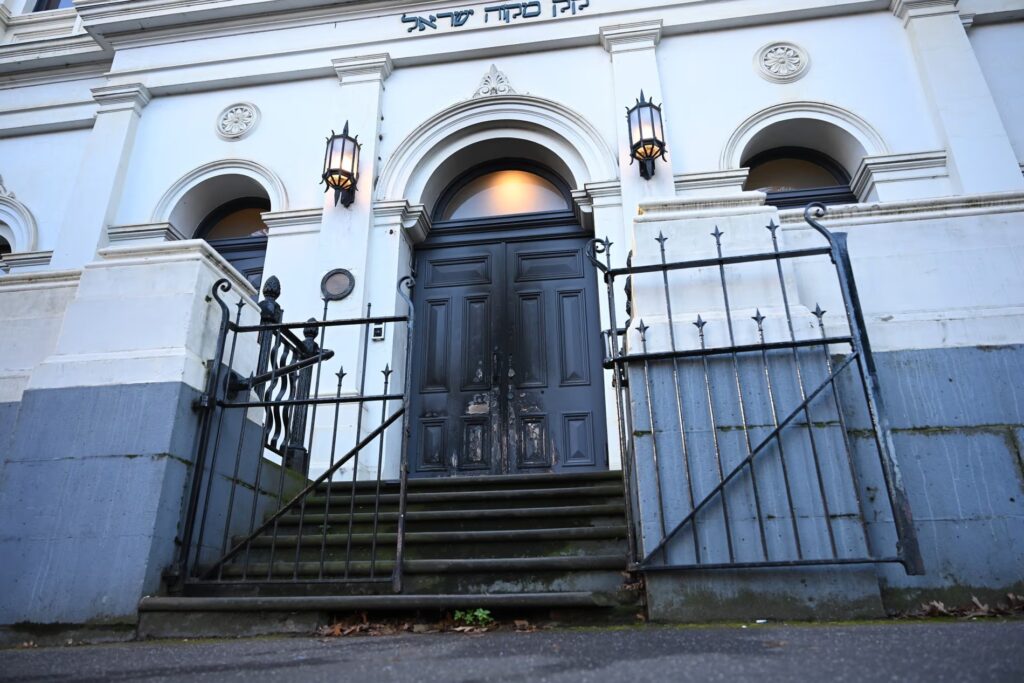IN THE MEDIA
Want Mideast Peace? Get the right ceasefire in Lebanon
August 5, 2006 | Colin Rubenstein
By Colin Rubenstein
The Age Online – August 5, 2006
On Wednesday, Israeli Prime Minister Ehud Olmert said, “I genuinely believe the outcome of the present [conflict] and the emergence of a new order that will provide more stability, will help create the necessary environment that will allow me … to create a new momentum between us and the Palestinians.” He added, “We want to separate from the Palestinians. I’m ready to do it.” The connection between the conflict in Lebanon and Israeli-Palestinian peace negotiations may not seem obvious, but Olmert is right. So it is absolutely crucial that any ceasefire in Lebanon does more than simply halt the immediate bloodshed.
Olmert was elected on a platform of following up Israel’s complete unilateral disengagement from Gaza last year with a further withdrawal, negotiated or unilateral, from the vast majority of the West Bank by 2010. Polls consistently show that Israelis want to end their control over the Palestinians and move towards a two-state solution, preferably by negotiation, but unilaterally if a credible final peace agreement does not appear possible (as it does not with the current Hamas government).
However, events in Lebanon represent precisely Israel’s greatest nightmare about any withdrawal. After Israel completely withdrew from Lebanon in 2000, Hezbollah, a foreign sponsored terror group armed to the teeth and dedicated to Israel’s destruction, gained control of the border. It built up a massive capacity to damage Israel’s cities with around 13,000 rockets, imported from Iran and Syria, its patrons.
It is not responsible to the national government, and therefore there is no address which Israel can hold accountable if attacked. It hides its weapons among civilians – Israel has footage of rocket launchers firing and then being hidden in the garages of private homes. Thus if Israel attempts to target the organisation directly, civilians inevitably are killed and Israel is condemned internationally. Furthermore, its ideology of martyrdom for the sake of Islam makes it’s almost impossible to deter.
Hezbollah’s popularity in Lebanon, its claim to maintain armed forces independent of the government, and its extensive foreign support all depend on it maintaining confrontation with Israel. Moreover, Israel’s behaviour is immaterial to this reality – pretexts for conflict must be found. Thus, the UN Security Council unanimously certified in 2000 that Israel holds no Lebanese territory. So Hezbollah invented a claim to the “Shebaa farms” region, a tiny scrap of territory which belonged to the Syrian Golan Heights until Israel occupied in the 1967 war. Hezbollah also claims it is fighting Israel to free Lebanese citizens in Israeli jails, even though there is only one of these – Samir Kuntar, who crossed into Israel in 1979 and murdered a father and his four-year-old daughter in their home.
Israelis naturally fear that any pullbacks from the West Bank are likely to lead to a duplication of the Hezbollah model – “unofficial” militias, armed by regional radicals, hiding among civilians, and seeking confrontation with Israel in the name of either radical ideology or the interests of states like Iran and Syria. Moreover, the proximity of the West Bank to the strategic heart of Israel would allow such a group to make life unbearable at will for the vast majority of Israelis. The Gaza experience certainly lends weight to such fears- the Hamas government calls for Israel’s destruction and acquiesced in daily, unprovoked, rocket attacks on Israel by terrorists. Israelis would have to be suicidal to move toward a Palestinian state in the West Bank and Gaza with this likely outcome.
The end of the Lebanon conflict must therefore change the status quo on the Israel-Lebanon border. UN Security Council Resolution 1559, passed in 2004, which calls for all Lebanese militias to be disarmed and the Lebanese army to deploy throughout the country, must actually be implemented. Either Israel must be allowed to defend itself to the point where Hezbollah is seriously weakened, or the international community must be able to guarantee that a ceasefire will genuinely implement 1559, probably via an international force. If the problem presented by Hezbollah since Israel’s withdrawal from Lebanon cannot be dealt with, further Israeli disengagements needed for peace are going to become vastly harder to arrange, and extremists who want to make peace impossible will be empowered and inspired to follow Hezbollah’s example throughout the region.
Moreover, we must not be naïve and imagine that we can resolve this problem by an unconditional ceasefire and then negotiations among all parties to solve grievances. Hezbollah does not have grievances which can be resolved – it opposes Israel’s existence and gains power by manufacturing confrontations with it. Nothing Israel does will change this, and Hezbollah will not disarm just because it is asked nicely. Similarly, Iran and Syria have essentially paid no price for using Hezbollah to fight Israel – instead they have used it to distract from their own problems, especially the proposed UN sanctions against Iran because of its illegal nuclear weapons program. Syria and Iran will not agree to push Hezbollah to disarm unless they are pressured to do so.
Everyone wants the bloodshed to end as soon as possible, but it will be disastrous if there is no change to the pre-war status quo, especially as regards Hezbollah’s capacity to start wars at a time and place of its (and Iran’s) choosing. Not only Lebanon but the entire Middle East is likely to suffer from repeated and escalating conflict for the foreseeable future if this is the outcome.
Dr. Colin Rubenstein is Executive Director of the Australia/Israel & Jewish Affairs Council. Previously, he taught Middle East Politics at Monash University for many years.
Tags: Iraq





